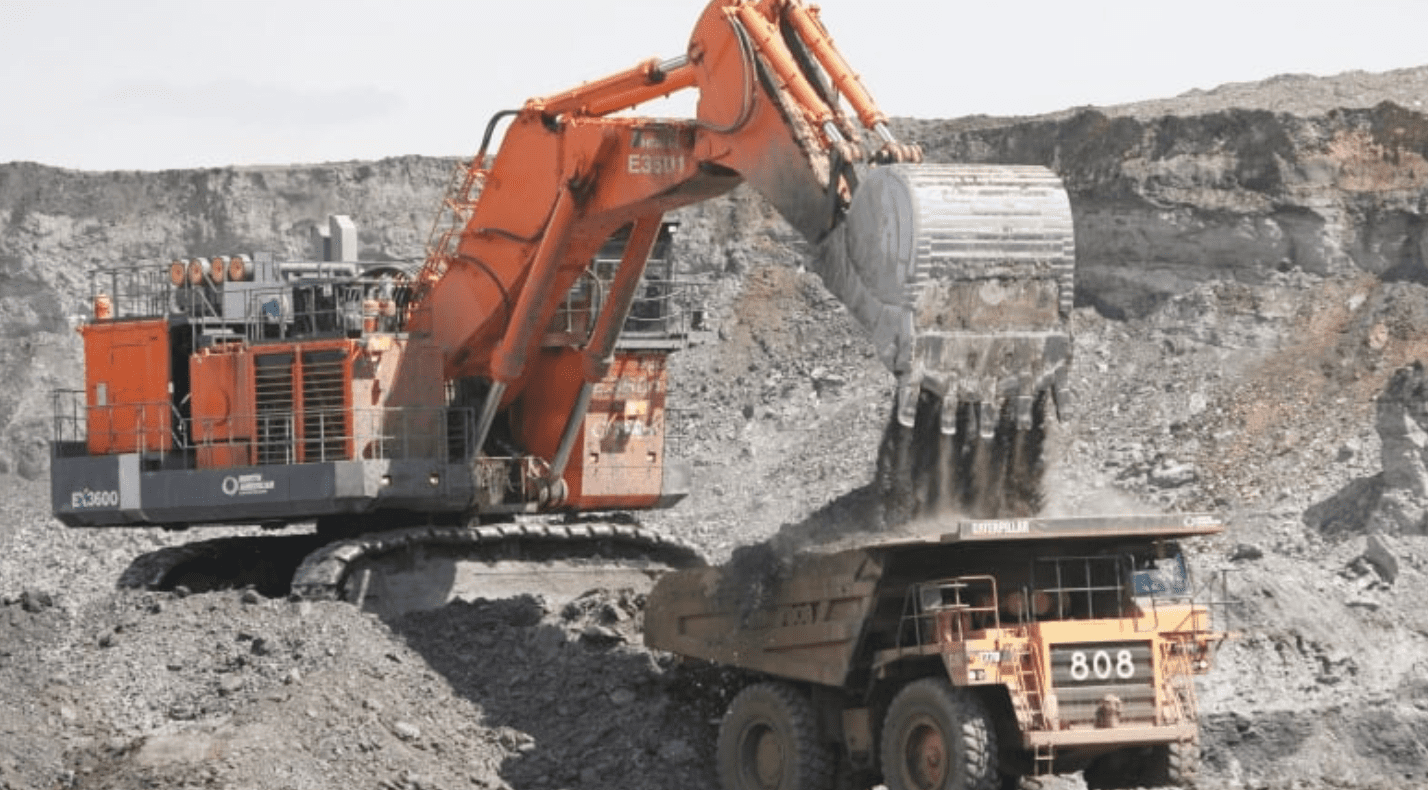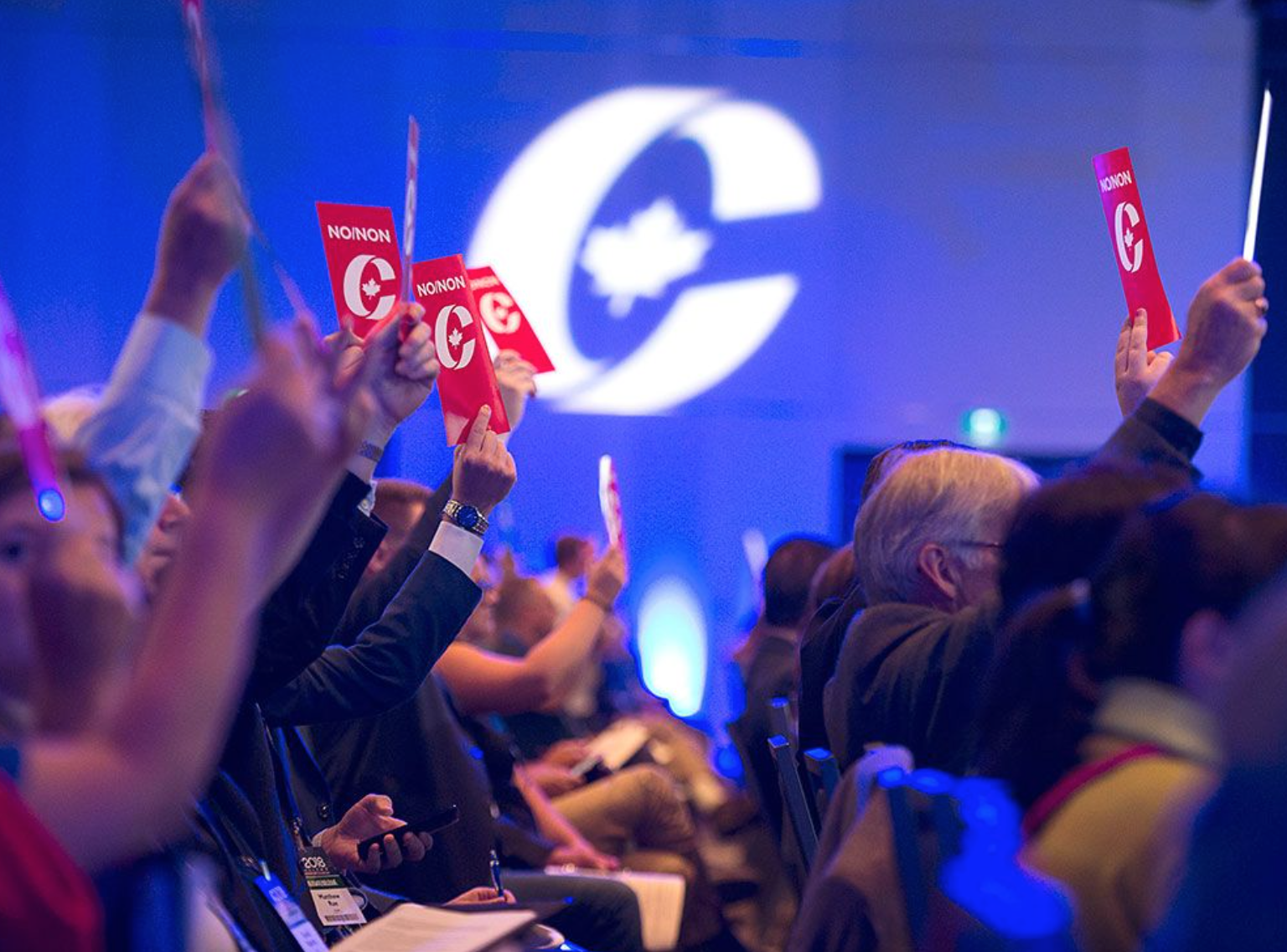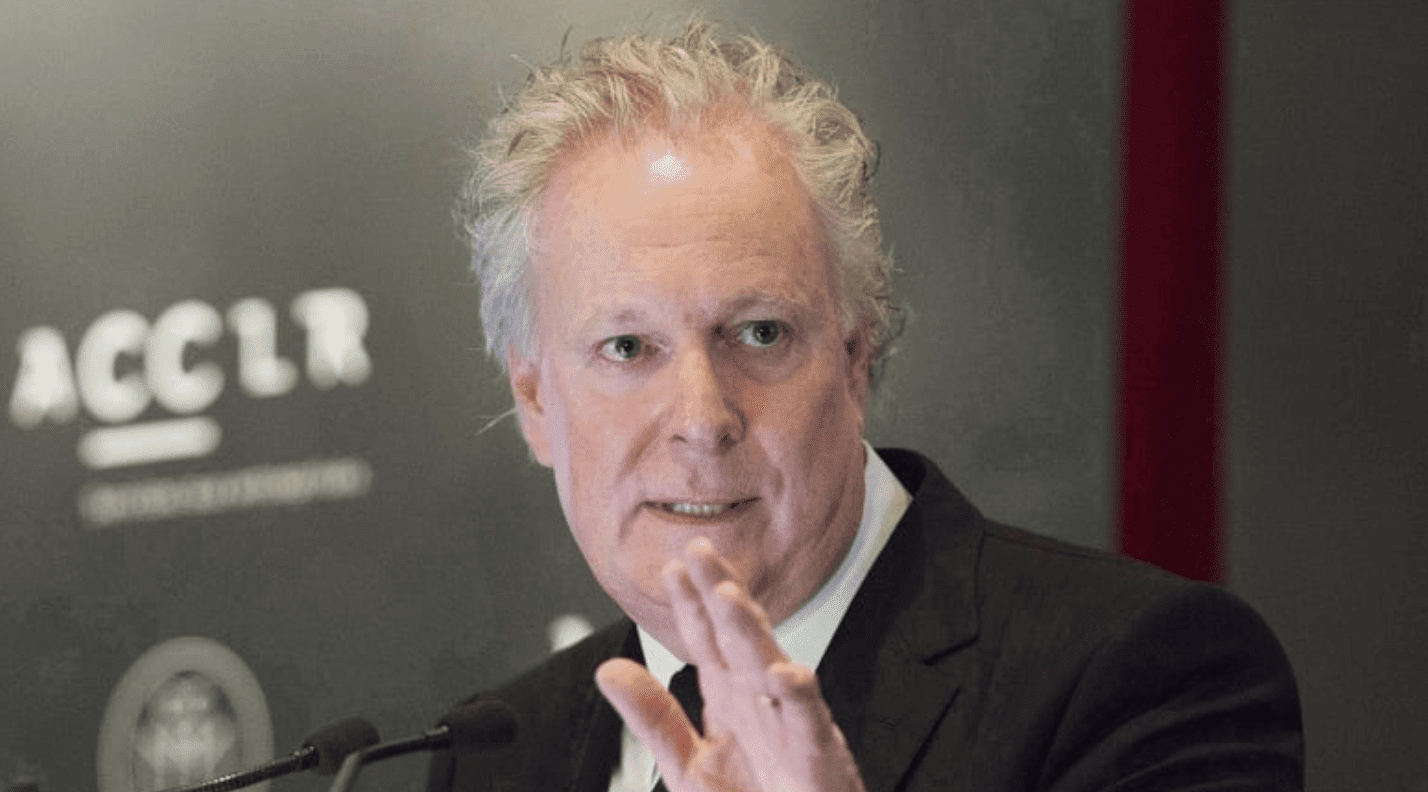Forget pipelines. Pipelines are so 2019. The big 2020 unsolvable energy industry issue will be the Frontier oil sands mine in northern Alberta.
Vancouver-based Teck Mines is proposing a giant open pit mine predicted to employ 7,000 people during construction and 2,500 once it is up and operating. At its peak, the mine would produce 260,000 barrels of oil per day. Over its 40-year lifespan, the $20.6 billion Frontier project would disturb an area of 292 square kilometres, although not all the lease land would be affected at the same time during the phased-in mining development.
And now the project's future is an enormous steaming pit waiting to trap politicians on both sides of the resource development/climate change action divide.
Premier Jason Kenney has already served notice on the federal government that its decision on final approval of the mine, expected by the end of February, will signal how Ottawa is going to treat all resource development in Alberta.
"If this project does not proceed, it would be a clear indication that there is no way forward for this country's largest natural resource," the premier says.
Alberta's Environment Minister Jason Nixon took the approval further into national unity territory with a letter he sent to his federal counterpart about the mine, according to a Financial Post story.
"Many Albertans are looking for positive signals from the federal government that the national interest includes Alberta," the Post quoted from the letter, which stresses the economic impact of the mine.
Meanwhile environmental groups are calling Teck's approval a "litmus test" of whether the Liberals are serious about meeting their climate commitments.
Indigenous climate change activists turned up specifically protesting the Teck mine at the COP25 climate change summit in Madrid calling on Justin Trudeau to reject the project's application, so the Frontier mine is already in the international environmental lens.
The mine approval is currently sitting on federal Environment Minister Jonathan Wilkinson's desk. But Wilkinson is signalling he doesn't want to carry the can on the decision.
He says he has already told Nixon that climate commitments could weigh on his decision. And he suggests if it's too tough to make the call he will hand it over to the full federal cabinet for a vote.
Safe to say it's headed for a vote.
Teck says the mine will emit 4.1 megatons of carbon dioxide a year. The government is promising to achieve net-zero emissions by 2050. But there's all those jobs, including many for indigenous communities in northern Alberta, which may explain why 14 indigenous groups are on side with the mine proceeding.
Oh yes, and there's taxes and royalties and all that other economic stuff.
Teck is talking the talk on reclamation and mitigation, promising the latest technology to cut its carbon emission intensity to half that of the average oil sands average and promising careful tailings management.
But it's still pretty difficult to see past the vision of a massive open pit mine scavenging fossil fuels out of the boreal forest. For several years the industry has been pointing to the much smaller and less disruptive footprint of below ground steam assisted extraction as the kinder gentler oil sands operation. This project rolls back time to the 1980s.
The thinking on carbon, non-renewable energy use, and general environmental issues is radically different than it was in that halcyon Syncrude and Suncor era. And, in practical industry terms, the economic justification for this expensive mega project in an era of $60 per barrel WTI oil might be lacking by the time Teck is ready to put those massive shovels into the ground.
But politically the Frontier mine is very much alive, representing much more than a resource project. It stands for the UCP Alberta government's commitment to support the energy sector in the face of mounting environmental opposition.
It is also going to be Kenney's test of how far he can play the western alienation card. By arguing a federal vote against Frontier is a vote against Alberta's economy, he is making one project do some pretty heavy political lifting.
Photo Credit: CBC News










